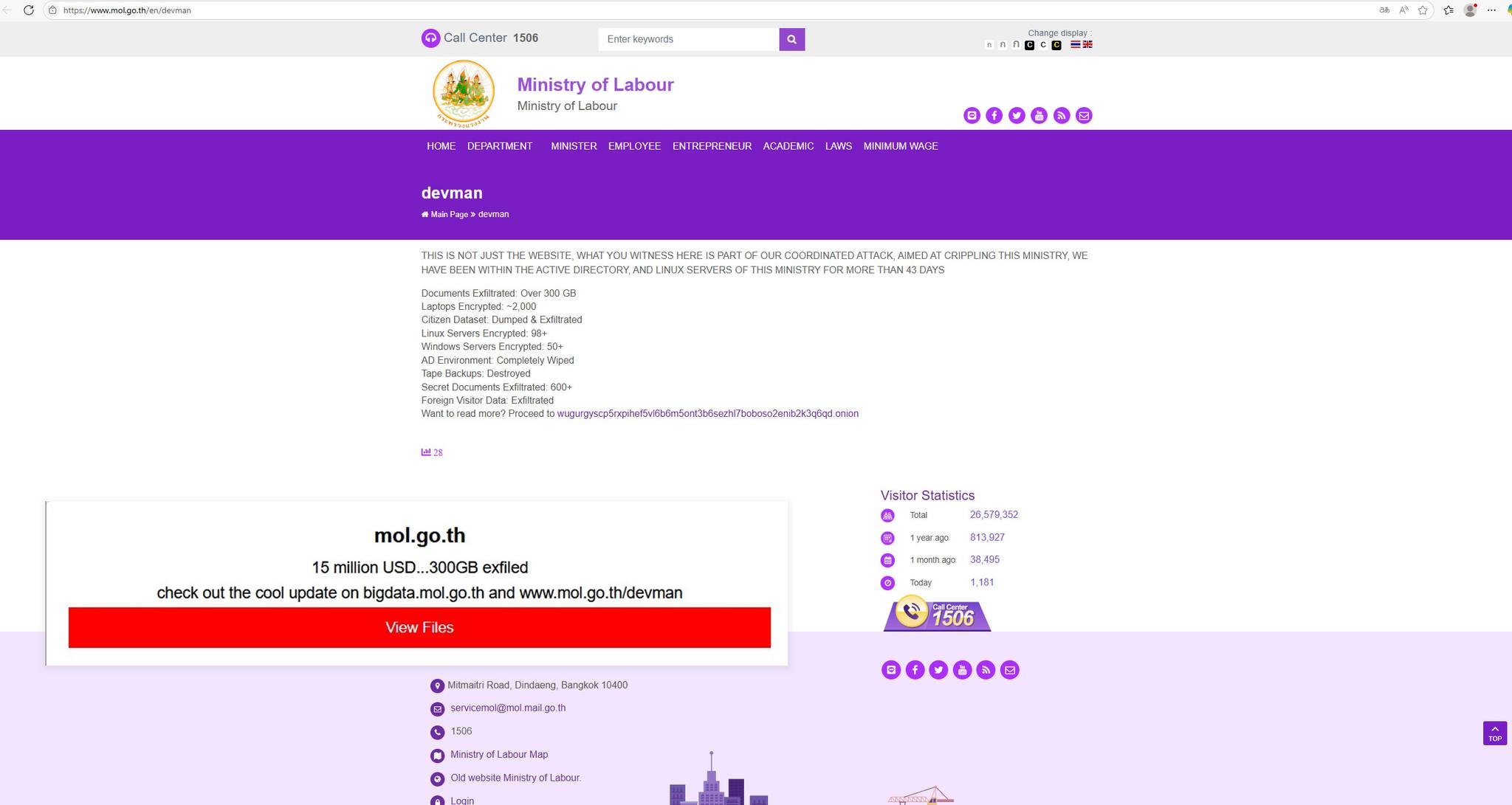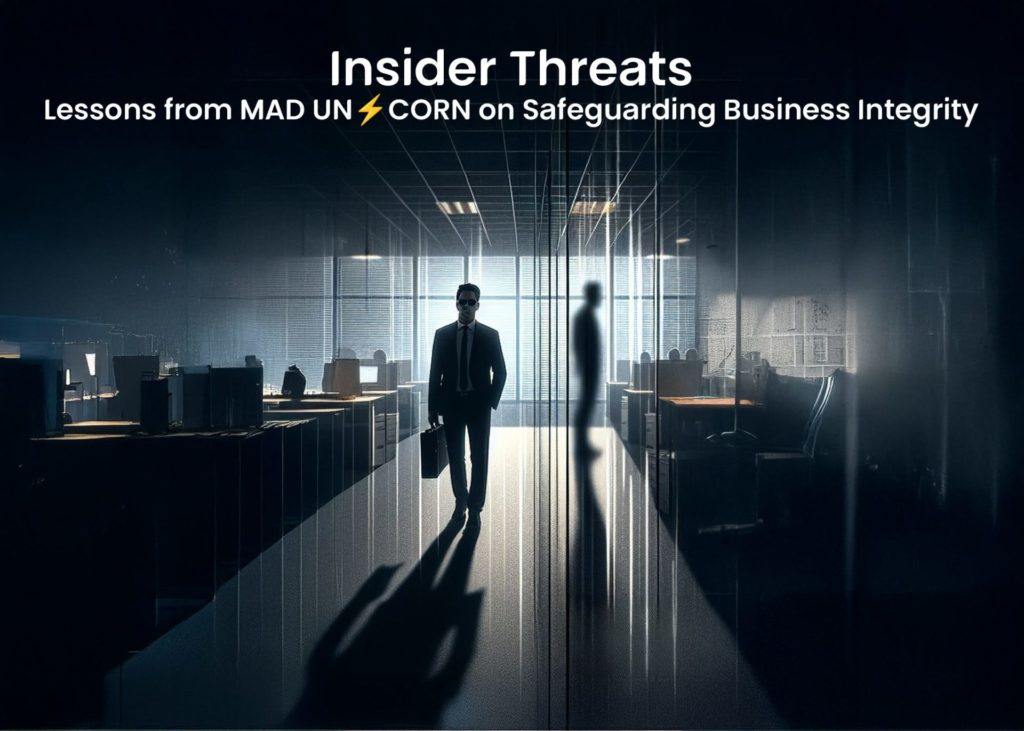I’ve been following cybersecurity news for years, but what’s happening in Thailand right now has me genuinely concerned. It’s not just another data breach or ransomware story – this feels different, more targeted, and frankly, more dangerous.
What’s Really Going Down in Thailand
Since March, Thai government systems have been getting absolutely pounded by hackers. We’re not talking about some teenager in their basement either. This group, calling themselves AnonSecKh (Bl4ckCyb3r), has launched over 70 coordinated attacks in just a few months. Security researchers are pretty confident these guys are operating from across the border, which makes this whole situation feel more like digital warfare than regular cybercrime.
The targets tell the real story:
- Government agencies are getting hit constantly (30% of all attacks)
- Military systems are under siege (26% of incidents)
- Even factories and banks aren’t safe
What really gets me is the timing. These attacks ramped up right when border tensions started heating up. It’s like watching cyber warfare play out in real time, and Thailand is caught in the middle.

This Isn’t Just Thailand’s Problem
I wish I could say this was an isolated incident, but the data from Radware paints a pretty grim picture worldwide. DNS attacks – the kind that can knock entire websites offline – jumped 87% last year. But here’s what really caught my attention: web attacks skyrocketed by 550%. That’s not a typo.
Banks are getting hammered the worst, which makes sense when you think about it. That’s where the money is.
Europe and the Middle East are seeing the most action, probably because of all the political chaos over there. Asia accounts for about 8% of global attacks, but the hotspots are exactly where you’d expect – anywhere there’s political tension brewing.
The AI Factor Changes Everything
This is where things get really unsettling. Hackers aren’t just using better tools anymore – they’re using artificial intelligence to create fake users that are nearly impossible to spot. I’ve seen demos of these AI-powered bots, and they’re scary good at mimicking real human behavior online.
It’s like dealing with shapeshifters. Your security system sees what looks like a normal customer browsing your website, but it’s actually a sophisticated attack program. Traditional security measures just aren’t built for this level of deception.
So What Can You Actually Do About It?
Honestly? The standard advice about “updating your passwords” feels pretty inadequate right now. This isn’t about individual user security anymore – it’s about building systems that can handle state-sponsored attacks and AI-powered threats.
If you’re running any kind of business with an online presence, you need to think bigger. Multi-layered protection isn’t just a buzzword anymore; it’s survival. You need defenses that can handle massive traffic floods, protect your applications from sophisticated exploits, and most importantly, distinguish between real customers and AI-generated fakes.
The reality is that basic security measures won’t cut it against the kinds of threats we’re seeing in Thailand and around the world.
Where Do We Go From Here?
I’ll be honest – I don’t see this getting better anytime soon. If anything, what’s happening in Thailand feels like a preview of what’s coming for everyone else. When hackers start working hand-in-hand with political agendas, the stakes get a lot higher.
Small businesses, large corporations, government agencies – nobody’s immune anymore. The old thinking of “we’re too small to be a target” doesn’t apply when attackers are using automated AI tools that can hit hundreds of targets simultaneously.
But here’s what keeps me optimistic: awareness is growing. Stories like Thailand’s wake people up to the reality that cybersecurity isn’t just an IT department problem anymore – it’s a business survival issue.
The companies and organizations that take this seriously now, that invest in real protection instead of hoping for the best, are going to be the ones still standing when this digital war really heats up.
We’re living through a fundamental shift in how cyber threats work. The question isn’t whether you’ll be targeted – it’s whether you’ll be ready when it happens.







